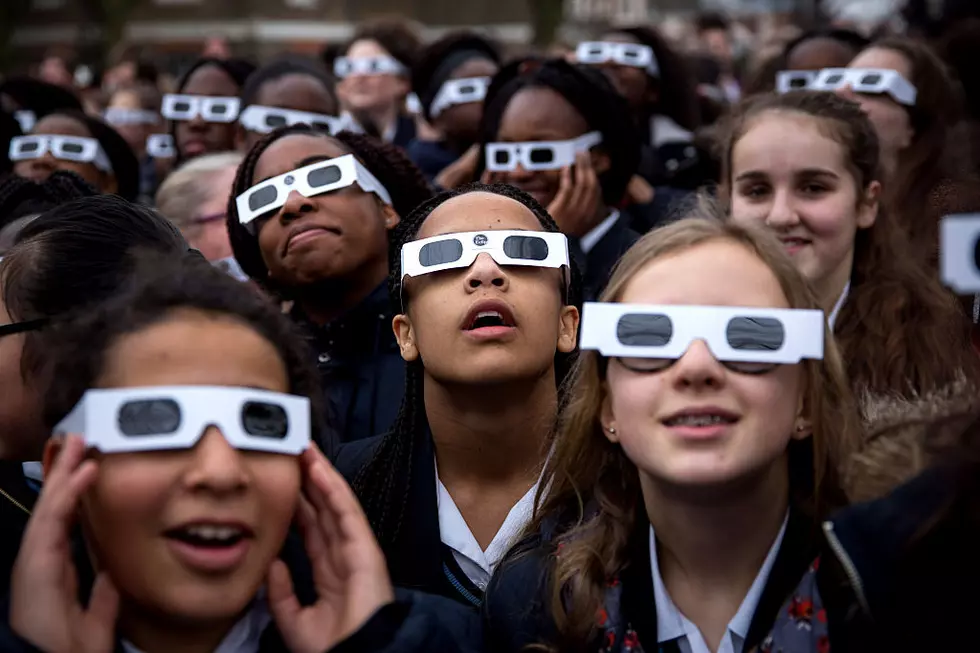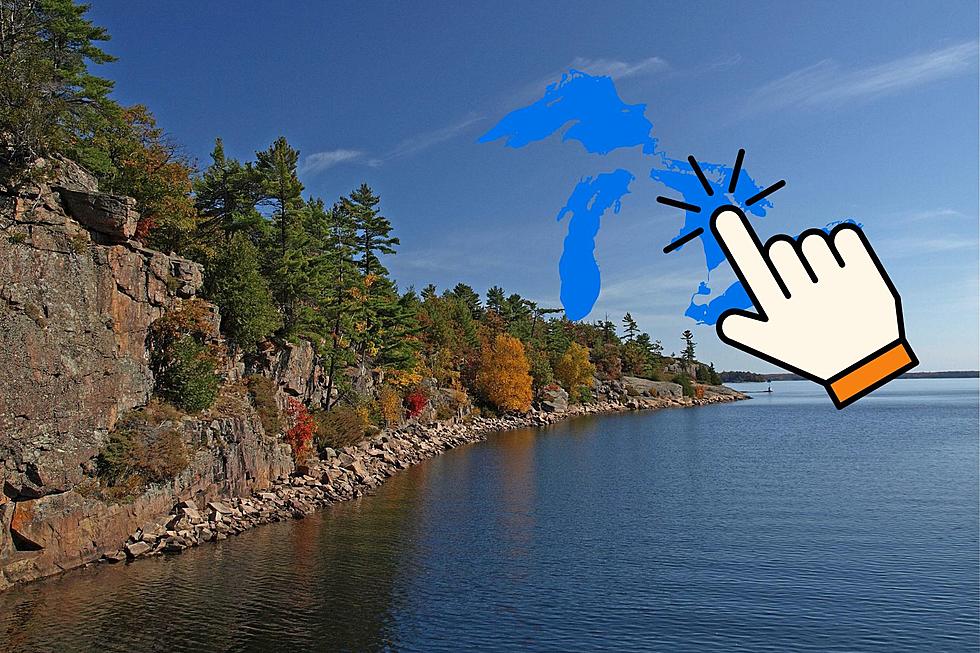
Ice Cover Could Lead to Increased Water Levels on Lake Michigan
The cold and snow we've seen this winter could be good news for water levels on Lake Michigan.
We're seeing record ice cover on the Great Lakes this winter.
Ice cover slows evaporation which gives the Great Lakes an opportunity to retain water, although it gets a little more complicated than that.
MSU.edu reports:
High evaporation rates in the fall can nearly offset water-level gains that result from extensive winter ice cover, complicating efforts to forecast Great Lakes water levels, which have declined in most of the lakes since the late 1990s, rebounding somewhat during a wet 2013.
Although the recent cold spell has led to high evaporation rates this winter, the extensive ice cover is likely to stick around longer into the spring than is typical. That may lead to cooler summer water temperatures and a later start to the 2014 Great Lakes evaporation season.
Snowfall totals can also add to water levels on the Great Lakes, but not always. If the snow that falls is lake effect snow, it isn't necessarily bringing any new water to the Great Lakes once it melts.
It's hard to predict exactly what this winter will mean for water levels on the Great Lakes, but it is likely to be good news.
More From 100.5 FM The River









